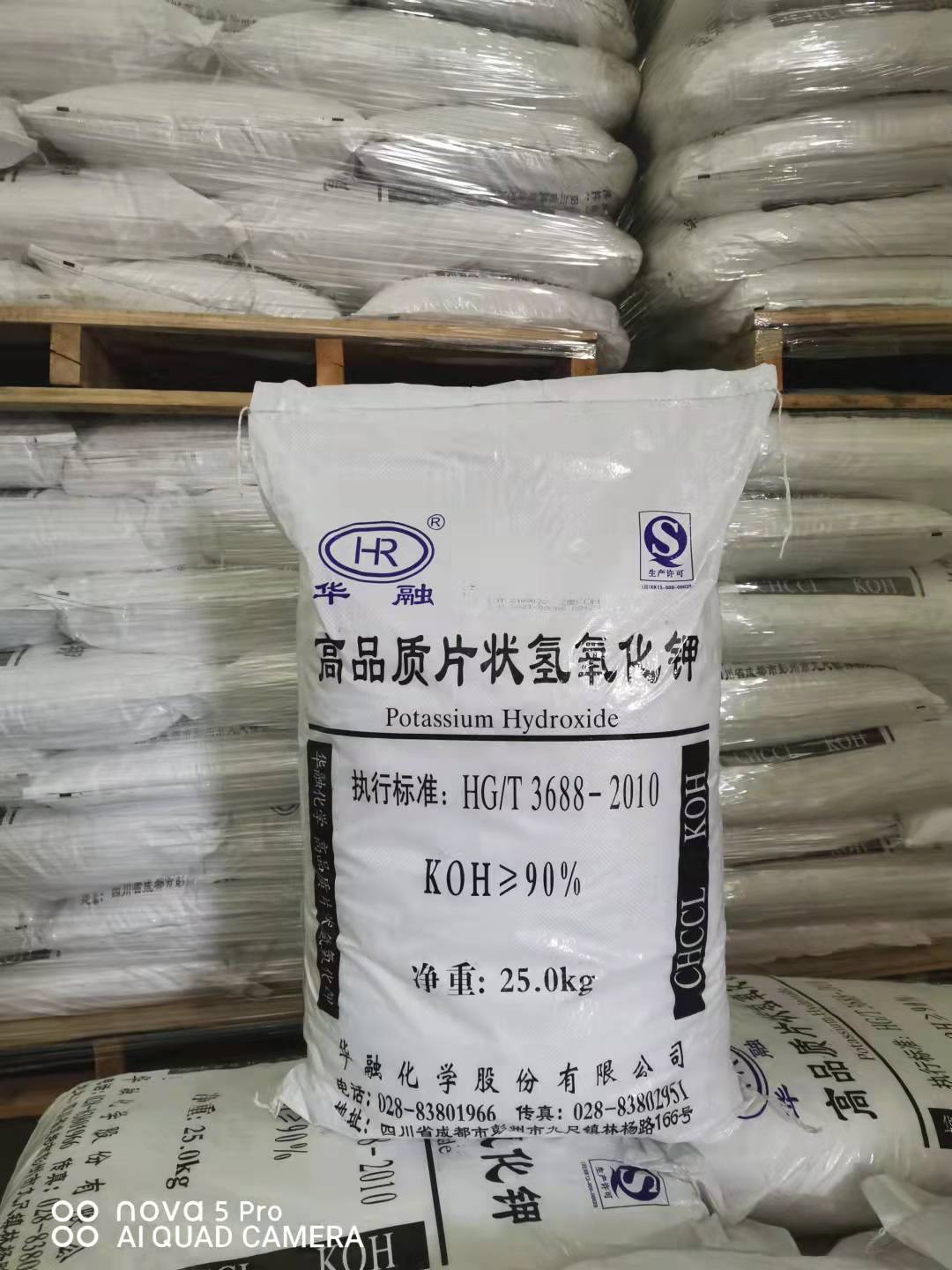一水柠檬酸和无水柠檬酸在应用领域、化学性质和物理性质上都有区别,一水柠檬酸主要应用于食品、饮料、化工、化妆行业,遇高温后不稳定,而无水柠檬酸主要应用于化学药品制造,有风化性和潮解性,两者的密度、熔点也不同。下面
氢氧化钾厂家为您讲讲一水柠檬酸和无水柠檬酸的区别。
Citric acid monohydrate and anhydrous citric acid have differences in application fields, chemical properties, and physical properties. Citric acid monohydrate is mainly used in the food, beverage, chemical, and cosmetics industries and is unstable when exposed to high temperatures, while anhydrous citric acid is mainly used in the manufacturing of chemical drugs and has weathering and deliquescence properties. The density and melting point of the two are also different. Below, the potassium hydroxide manufacturer will explain the difference between citric acid monohydrate and anhydrous citric acid.
1、应用领域
1. Application field
一水柠檬酸主要应用于食品、饮料行业,可以作为酸味剂、调味剂和防腐剂、保鲜剂使用,还可以在化工、化妆行业中作为抗氧化剂、增塑剂、洗涤剂使用,无水柠檬酸也可以应用于食品、饮料行业,但使用多的部门是化学药品制造。
Citric acid monohydrate is mainly used in the food and beverage industry as an acid flavoring agent, seasoning agent, preservative, and preservative. It can also be used as an antioxidant, plasticizer, and detergent in the chemical and cosmetic industries. Anhydrous citric acid can also be used in the food and beverage industry, but the most commonly used sector is chemical drug manufacturing.
2、化学性质
2. Chemical properties
一水柠檬酸遇明火、高热或者与氧化剂接触的时候有引燃爆炸的危险,遇高温后不稳定,而无水柠檬酸在干燥的环境中具有风化性,潮湿的环境中具有潮解性,达到175°C以上时会放出水及二氧化碳,化学性质稳定性较差。
Citric acid monohydrate poses a risk of ignition and explosion when exposed to open flames, high heat, or oxidants. It is unstable when exposed to high temperatures, while anhydrous citric acid has weathering properties in dry environments and deliquescence in humid environments. When it reaches above 175 ° C, it releases water and carbon dioxide, resulting in poor chemical stability.

3、物理性质
3. Physical properties
一水柠檬酸的相对密度为1.542,熔点为153°C,折射率为1.493~1.509,溶液结晶临界温度为36.6°C,无水柠檬酸的密度为1.54,熔点为135~152°C,闪点为173.9,水溶性为1630g/L,两者的物理性质差异明显,使用时要注意区分。
The relative density of citric acid monohydrate is 1.542, the melting point is 153 ° C, the refractive index is 1.493~1.509, the critical temperature for solution crystallization is 36.6 ° C, the density of anhydrous citric acid is 1.54, the melting point is 135~152 ° C, the flash point is 173.9, and the water solubility is 1630g/L. The physical properties of the two are significantly different, and attention should be paid to distinguishing them when using.
一水柠檬酸与无水柠檬酸之间没有大的区别,只是一水柠檬酸含有结晶水,溶解时与普通水是一样的。
There is no big difference between monohydrate citric acid and anhydrous citric acid, but monohydrate citric acid contains water of crystallization, which is the same as ordinary water when dissolved.
互转化:柠檬酸一水合物加热至153(“脱水”),溶液结晶临界温度36.6(“无水柠檬酸”),高于36.6(“无水柠檬酸”),低于36.6(“柠檬酸一水合物”)。
Mutual conversion: Heat the citric acid monohydrate to 153 ("dehydration"), and the critical crystallization temperature of the solution is 36.6 ("anhydrous citric acid"), above 36.6 ("anhydrous citric acid"), and below 36.6 ("citric acid monohydrate").
Under normal circumstances, the added material contains a large amount of water and the proportion is usually small, so the effect of adding these two types of citric acid on the water content is minimal, so it can be used. For more related matters, come to our website http://qxu1539600089.my3w.com consulting service

